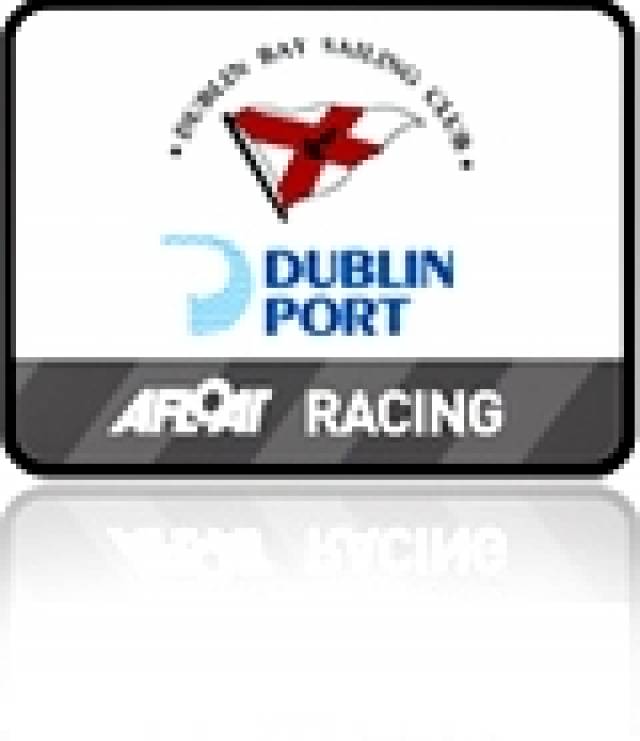In a break away from traditional 'hut' starts on the West Pier this season Dublin Bay Sailing Club's Thursday night sailing will feature two committee boats on duty. The new procedures are detailed in the 2011 Dublin Bay Sailing Club Annual published this week.
The DBSC summer season starts in two weeks time. The first Tuesday race is April 26th. The first Thursday race is on April 28th and the first Saturday race is April 30th.
Thursday night racing brings some of the biggest turnouts of the season, some evening boasting up to 200 boats for the mid-week round the cans racing.
The club's own MacLir committee boat will be servicing the Blue Fleet in the northern section of the racing area of Dublin Bay. The Royal Irish Yacht Club's Spirit of the Irish vessel will service the Red Fleet in the south-east section.
Unless weather conditions dictate otherwise, there will be no racing at the Hut but the format of Tuesday and Saturday racing will remain unchanged from previous years.
Writing in the 2011 yearbook, DBSC commodore Tony Fox refers to the course layouts:
"Inevitably, the changes have required re-drafting of courses and some re-location of marks. Omega has moved from its original position not far from the West Pier to serve as a hub for the Red Fleet marks which, with the addition of a new Bay Mark, form a natural circle. Similarly, Middle mark becomes the hub of the Blue Fleet circle. Some shifting of mark positions has ensued ‚ the only radical change is that of Poldy, which was situated too close to the shipping lane for comfort; it will now be stationed roughly between East and Island Marks. Martello Mark is now redundant."






























































